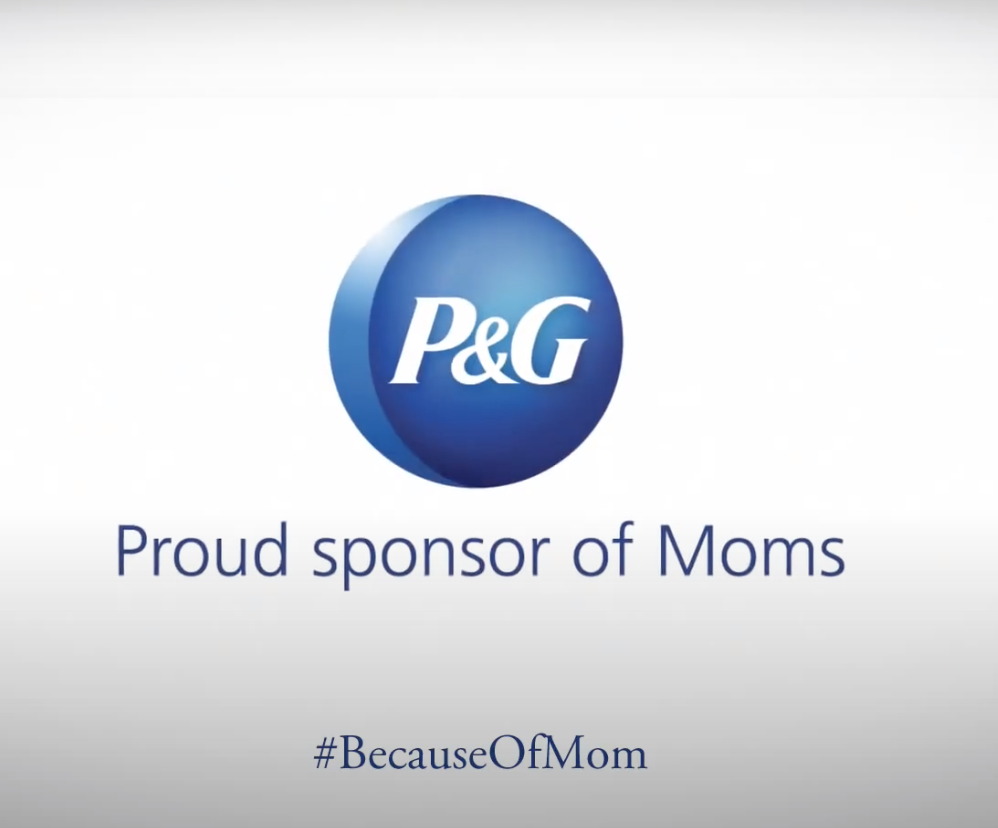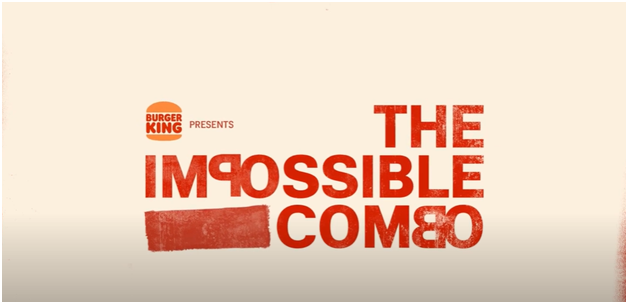Pratfall Effect: Flaws Leading To Brand Adoption

Those who are honest about their flaws are more likely to be trusted. A radical new strategy to set yourself apart from the competition
We are continually bombarded by stimuli, and we increasingly make judgments based on unconscious biases, external influences, and cerebral shortcuts.
The Pratfall Effect is one of those cognitive biases for the consumer experience and journey. The controversial yet powerful idea is simple but seldom applied by marketers since it seems risky. It may transform brands if done correctly.
What is it?
Developed by psychologist Elliot Aronson, it asserts that individuals are appreciated more when they exhibit shortcomings.
Aronson videotaped an actor with the right answers answering quiz questions with 92% accuracy. He displayed this clip to a group of volunteers and inquired how nice the person was. A second group was given the same tape, but the actor spilt coffee all over himself. The quiz competitor was more liked by those who saw his pratfall (coffee spilt). Pratfalls, according to Aronson, make individuals more liked.
Does this apply to people?
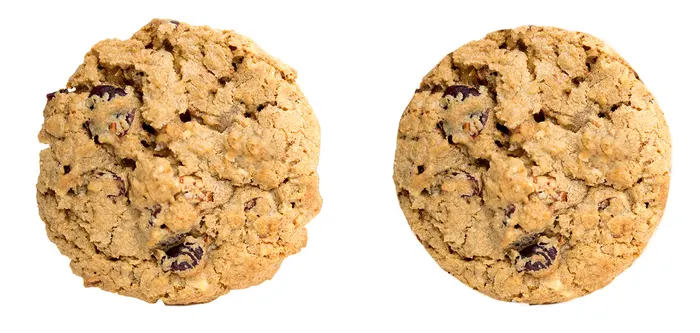
The cookie research, which was first done by consumer psychologist Adam Ferrier and then repeated by Zenith Media, found that 66% of the people who took part liked the cookie on the left better than the cookie on the right, which had a smooth edge. The imperfection made the biscuit more enticing.
Does this apply to brands?
Admitting shortcomings and being honest with customers may make your brand appear more real. Consumers want real brands and services. The Pratfall Effect may help you humanize your brand, which has become a major marketing trend and a crucial part of any successful plan since it helps customers connect with your company’s values and messaging.
The Pratfall effect is so potent because customers usually think brands make errors and mistrust pure perfection. Analyzing product and service reviews is one example. Northwestern University reported in 2015 that “the chance to buy a product climbed as the average review rating went up until it reached a tipping point, somewhere between 4.2 and 4.4 out of 5. As the average rating increased, purchasing decreased.”
Thus, seeking perfect evaluations may hurt sales. Replying to negative reviews, owning your errors, and learning from them is a better way to use the pratfall effect. Openly admitting your mistakes might convince customers that they’re minor.
Examples
- The Guinness campaign is classic. Pouring an Irish pint takes 199.5 seconds. 3+ minutes. Guinness needed to explain why they are taking so long since it usually takes 10 seconds to pour a pint. Their tagline, “Good things come to those who wait,” used the Pratfall Effect to address this. Their biggest drawback became their trademark. Guinness drinkers gladly wait 199.5 seconds for their pint because they know it will be worth it!
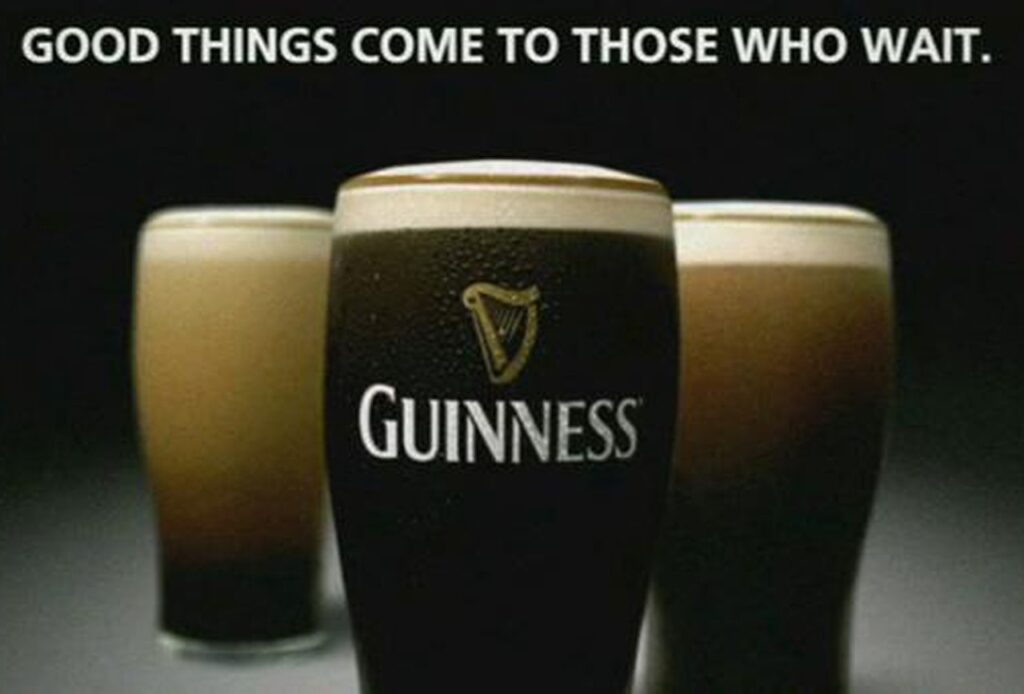
- These low-cost airlines are upfront about their low prices: no baggage limits and no free food or drinks. By disclosing that this is how companies save money, people don’t believe safety was sacrificed.

- Tesla’s newest (and maybe largest) failure became a meme. Elon Musk got carried away while displaying his Cyber Truck and ordered his head designer, Franz von Holzhausen, to hit the truck’s seemingly impenetrable armour with a steel ball. The glass shattered. Another attempt shattered it.
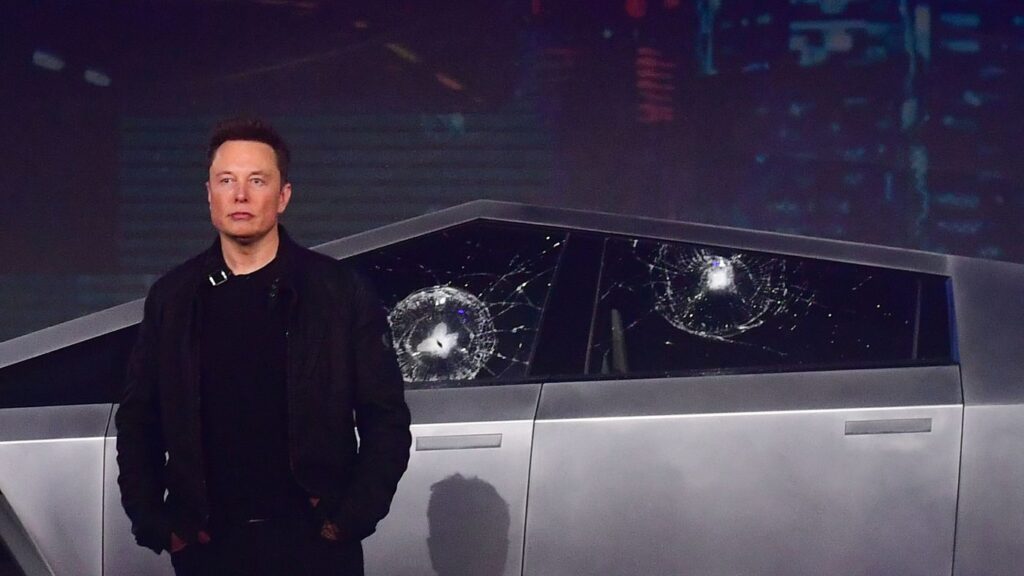
Naturally, this was a major setback for the brand’s most anticipated product launch.
However, Tesla sold a $45, broken glass-themed t-shirt on their website. They made fun of their mistake, used the talk about it, and turned it into a meme that went viral and led to more online talk.
Was this product-related? Elon Musk said that Tesla got over 250,000 Cybertruck bookings in a week. It’s impressive considering the model hadn’t been made or tested.
More than advertising
It may seem that the pratfall effect only works for minor creative initiatives. Not so. Acknowledging your brand’s weaknesses may help boost sustainability and social impact credibility and prevent “greenwashing.”
Reference
https://en.wikipedia.org/wiki/Pratfall_effect
https://www.everyonehatesmarketers.com/articles/pratfall-effect-marketing

